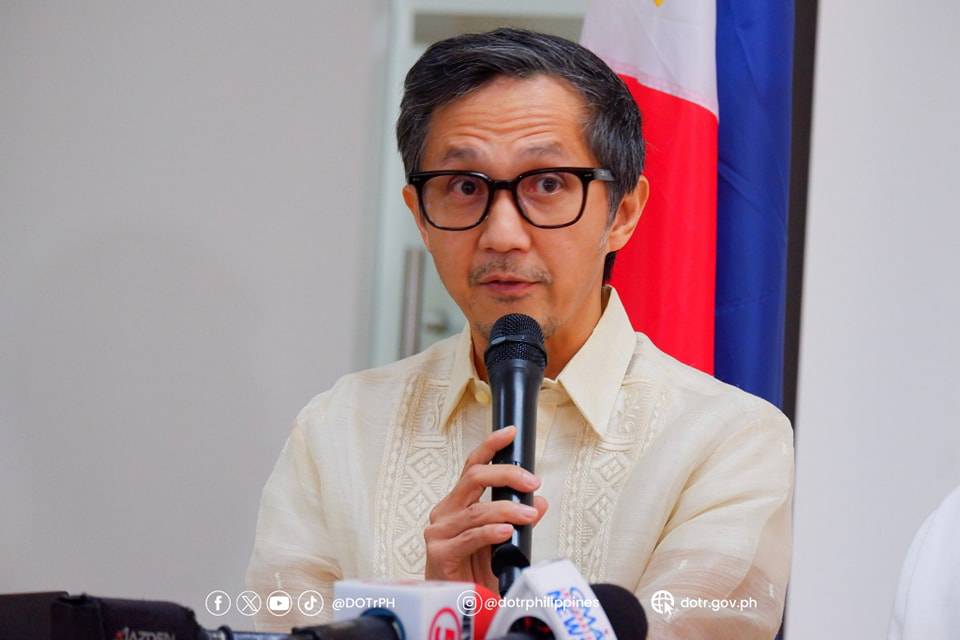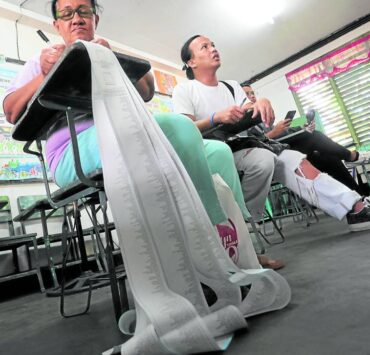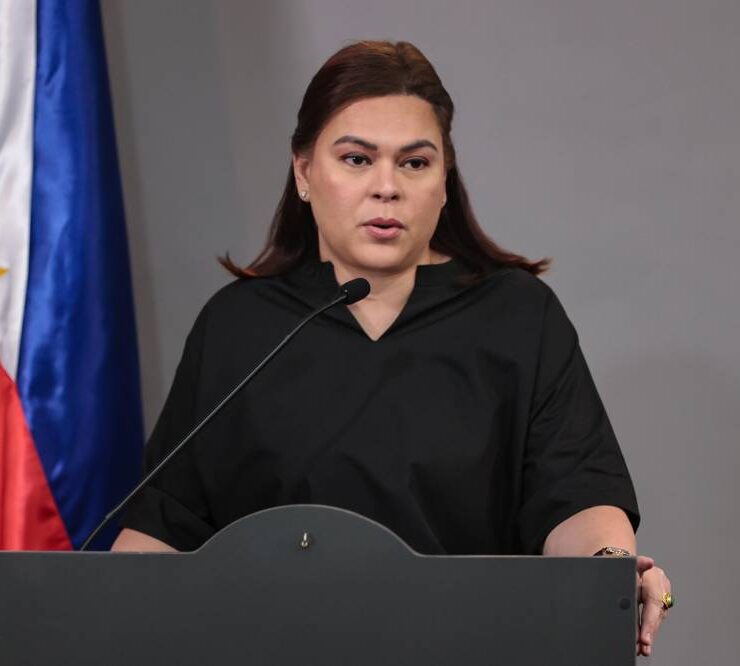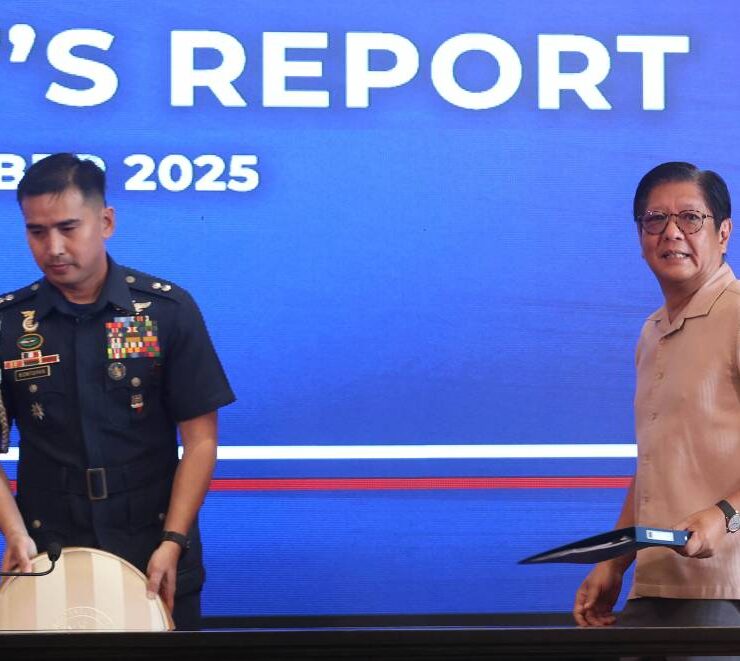DOTr sets new rules for PUV drivers after fatal crashes

The Department of Transportation (DOTr) is requiring all drivers of public utility vehicles (PUVs) to undergo regular alcohol and drug testing as part of sweeping measures to address the increasing number of vehicular accidents that made roads unsafe for all Filipinos.
This followed the series of road crashes since the start of the month, two of which—a passenger bus crashing into multiple vehicles along the Subic-Clark-Tarlac Expressway on May 1 and the sport utility vehicle ramming passengers at the departure area of Ninoy Aquino International Airport (Naia) Terminal 1 on May 4—resulted in the deaths of 12 people, including children, and injuries to at least 41 others.
“We need to make the people feel safe on our roads again. This is the sad reality… and this needs to change now,” Transportation Secretary Vince Dizon said in a press conference at the agency’s satellite office in San Juan City on Monday.
“The President has demanded action and all of us here will act,” he vowed, addressing the heads of the Land Transportation Office (LTO) and the Land Transportation Franchising and Regulatory Board (LTFRB).
Dizon issued on Monday Department Order No. 2025-008, mandating alcohol and drug testing for drivers of all PUVs, including jeepneys, buses, UV Express vans, trucks for hire, as well as cars of ride-hailing apps and motorcycle taxis.
According to the directive, PUV operators and owners must ensure that their drivers are free from the use of drugs, alcohol or other similar substances “before employment, dispatch, deployment, or before drivers are allowed to operate the vehicles.”
Stiff penalties
The drivers’ blood alcohol concentration (BAC) level will be tested using a breathalyzer or other similar instruments, the cost of which should be shouldered by the PUV owners and operators.
This measure came as the LTO revoked the driver’s licenses of 98 PUV drivers, who earlier tested positive for illegal drugs during the surprise test conducted during the Holy Week.
The drivers are also required to undergo “a regular drug screening test every six months, starting from the date of employment, as well as periodic random drug tests and testing whenever there is reasonable suspicion of drug use,” the DOTr order added.
Drivers must always carry the BAC and drug test results “at all times, while operating the [PUVs]” and LTO enforcers will have the right to demand the drivers to present these when apprehended or during road site inspections.
If the drivers fail to submit the test results, their license will be confiscated and their vehicle impounded.
Failure of owners and operators to conduct BAC and drug testing on their drivers will compel the LTFRB to cancel their permits to operate as PUVs.
Meanwhile, refusal of drivers to subject themselves to BAC and drug testing will be grounds for the LTO to revoke their license.
Shorter driving hours
Dizon also ordered the LTFRB and the LTO to reduce the daily driving hours of public utility buses from six consecutive hours to four to avoid fatigue, a measure consistent with the policies of other countries in Asia and member states of the European Union.
For trips beyond four consecutive hours, the driver should have an alternate driver, who shall not be the bus conductor.
The LTFRB and LTO were likewise instructed to implement “clear, strict and enforceable” rules in conducting roadworthiness checks on all PUVs.
Addressing LTO chief Vigor Mendoza II and LTFRB head Teofilo Guadiz III, who were also at the press briefing, Dizon said: “We know that your officers are not properly checking buses and jeepneys. That’s why many of them have failing brakes [resulting in road crashes that cause casualties].”
The LTO implements the Motor Vehicle Inspection System (MVIS) to ensure the roadworthiness of motor vehicles before they can be registered, but this was made optional in 2021 by then President Rodrigo Duterte “to balance the needs” of the people during the pandemic.
Acknowledging the LTO’s lack of manpower, Dizon suggested outsourcing the MVIS to the private sector.
Other measures
He also ordered the LTO to improve driver training and education before applicants could obtain their licenses.
Dizon said he was aware that applicants were given “codigo” (cheat sheets) during the tests after paying bribes.
He branded the current driving examinations as a “sham” as some drivers earned their licenses without undergoing a legitimate practical driving course.
He also told the LTO to implement Republic Act No. 10916, or the Road Speed Limiter Act of 2016, which requires all closed vans, haulers or cargo trailers, PUVs, shuttle services, and tanker trucks to have a standard speed limiter installed.
The DOTr chief also urged the Supreme Court to lift the temporary restraining order on the no-contact apprehension program, arguing that it was “physically impossible” for law enforcement officers to apprehend all road violators without it, some of whom were involved in road crashes.
Meanwhile, the Department of Migrant Workers (DMW) on Monday vowed to extend full assistance to the overseas Filipino worker (OFW) whose 5-year-old daughter died in the Naia incident.
In a statement, the DMW said it would also help the OFW, who was scheduled to leave for Europe, explain his absence to his employer abroad. —WITH A REPORT FROM JANE BAUTISTA





















